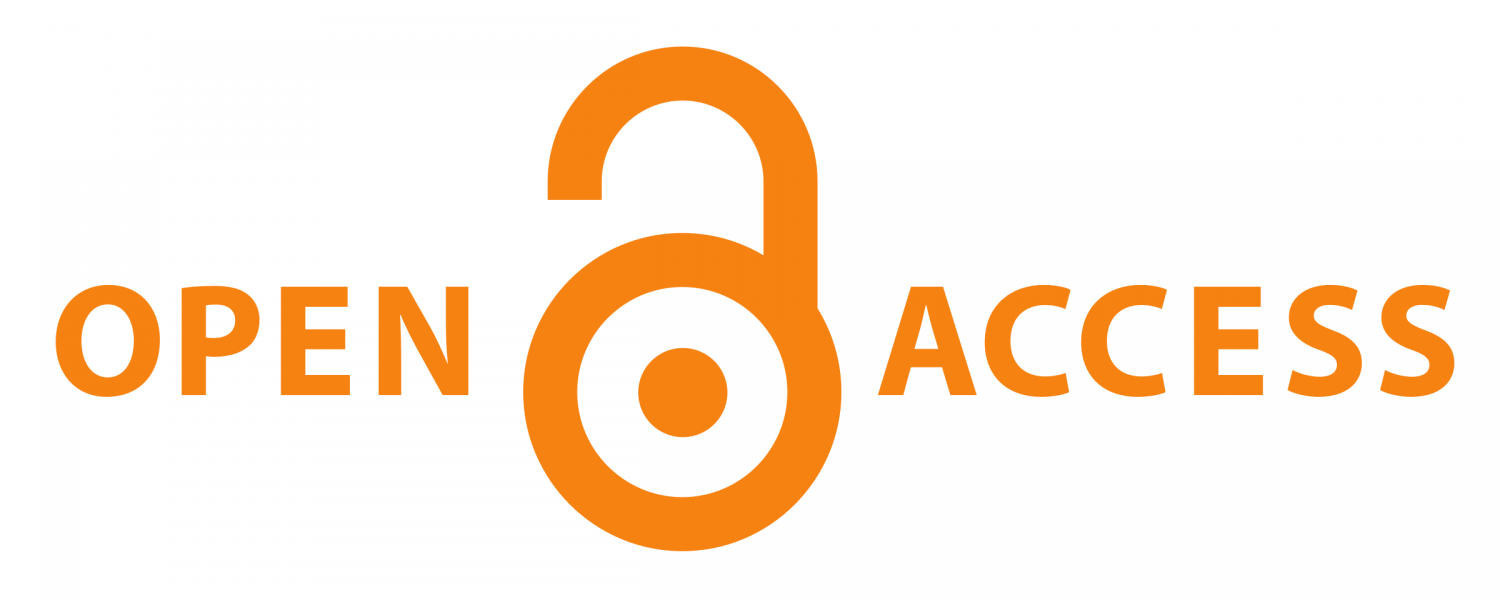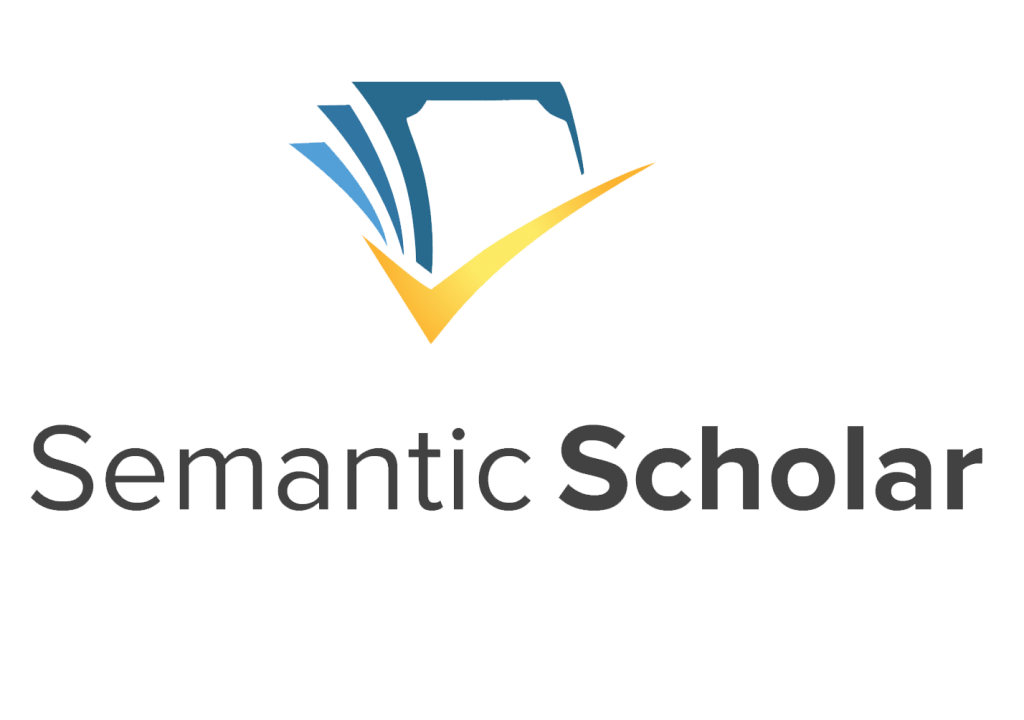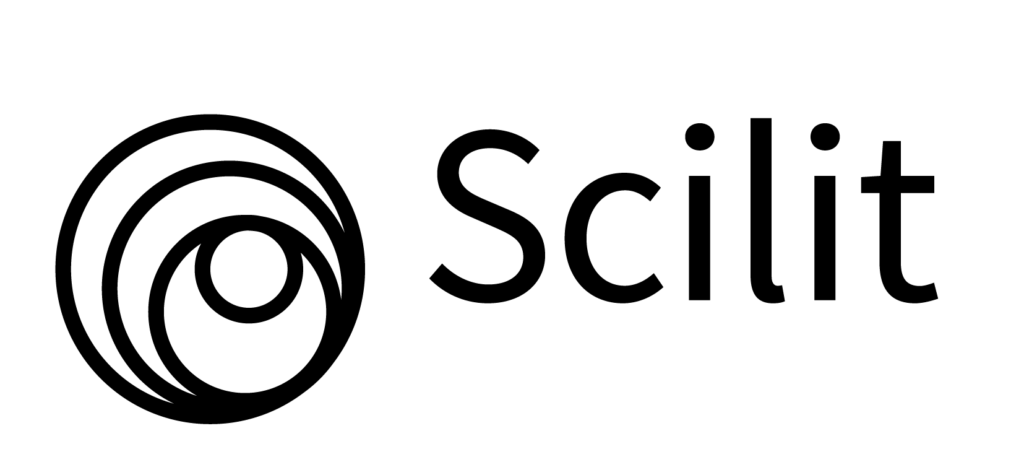Plagiarism Policy
At the Journal of Information Technology, Cybersecurity, and Artificial Intelligence (JITCAI), we are committed to maintaining high academic and ethical standards in research publication. To uphold these standards, we have a zero-tolerance policy toward plagiarism in any form. This policy outlines the responsibilities of authors, editors, and reviewers in preventing plagiarism and ensuring the originality of submitted manuscripts.
1. Definition of Plagiarism
Plagiarism is the act of presenting another person’s work, ideas, data, or text as one’s own without proper attribution. This includes, but is not limited to:
- Copying text, images, or data from other sources without proper citation.
- Paraphrasing substantial portions of another’s work without acknowledgment.
- Submitting the same or substantially similar work to more than one publication without appropriate transparency (self-plagiarism or duplicate submission).
2. Author Responsibilities
- Authors are responsible for ensuring the originality of their submitted work. All sources, including previously published work by the same author(s), must be properly cited.
- Manuscripts must be screened by the authors using reliable plagiarism detection tools before submission.
- If any part of the manuscript includes material from previously published work (e.g., figures, tables, or significant amounts of text), authors must provide appropriate permission and acknowledgment.
3. Editorial Screening Process
- Initial Screening: Upon submission, all manuscripts will be checked for plagiarism using a recognized plagiarism detection tool (e.g., Turnitin, iThenticate).
- Peer Review: Editors and reviewers will further evaluate the manuscript for originality and potential plagiarism during the peer review process.
4. Consequences of Plagiarism
If plagiarism is detected at any stage—whether during submission, peer review, or after publication—JITCAI will take the following actions:
- Minor Overlap: In cases where minor plagiarism (e.g., isolated instances of copied text) is detected, the author will be asked to rewrite the affected sections and properly cite all sources.
- Major Plagiarism: In cases where significant portions of the manuscript are found to be plagiarized, the submission will be rejected outright.
- Published Work: If plagiarism is discovered after publication, the paper will be retracted, and a retraction notice will be published on the journal’s website.
5. Self-Plagiarism
Authors must avoid excessive reuse of their own previously published work without proper citation. If parts of a manuscript (such as methods or background) are based on prior work by the same authors, this must be clearly referenced. Self-plagiarism will be treated with the same severity as plagiarism of others' work.
6. Appeals
Authors who believe their manuscript has been wrongly accused of plagiarism may appeal the decision by providing a detailed justification to the editorial board. Appeals will be considered on a case-by-case basis.
7. Responsibility of Reviewers and Editors
- Reviewers are expected to report any suspected plagiarism they detect during the review process.
- Editors are responsible for taking appropriate action in cases where plagiarism is confirmed, following the guidelines outlined above.
JITCAI is dedicated to promoting ethical research and publication practices. We expect all parties involved in the publication process—authors, editors, and reviewers—to adhere to the highest ethical standards and to collaborate in ensuring the integrity of the academic record.







